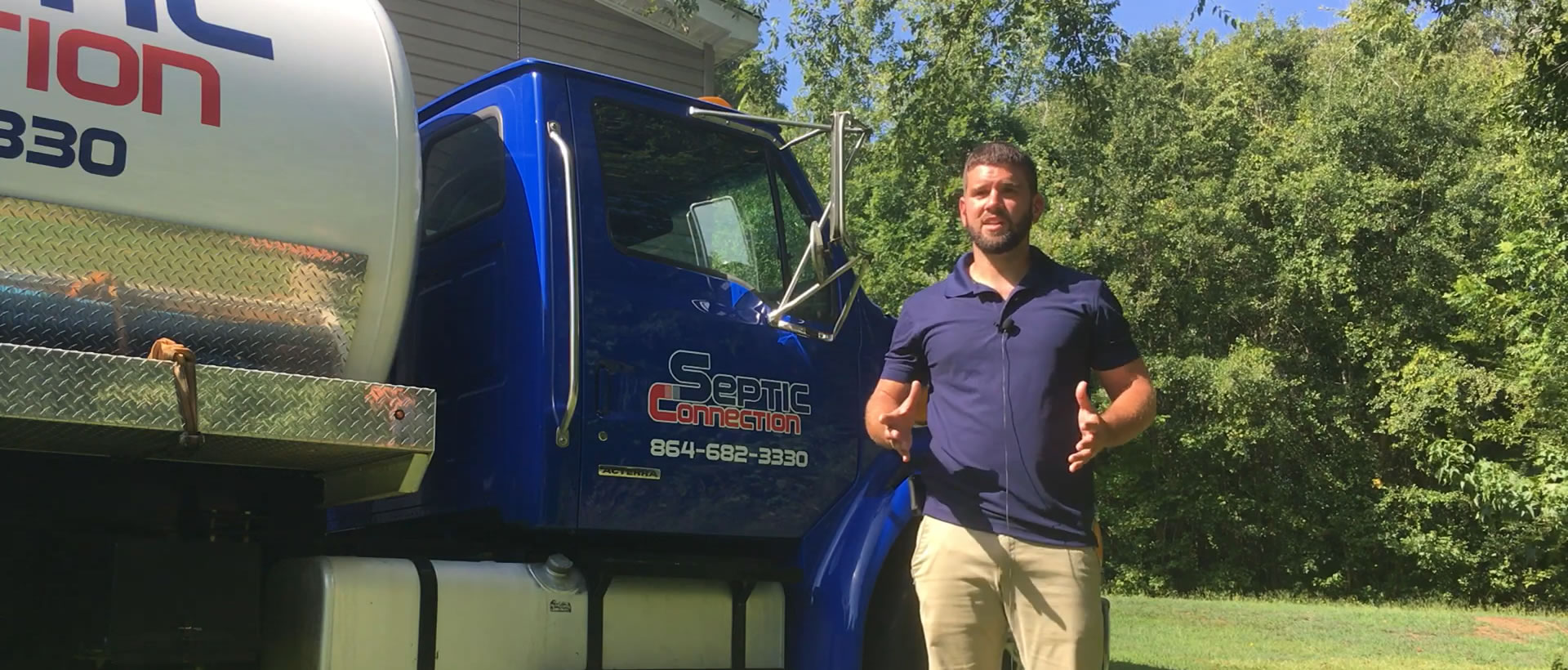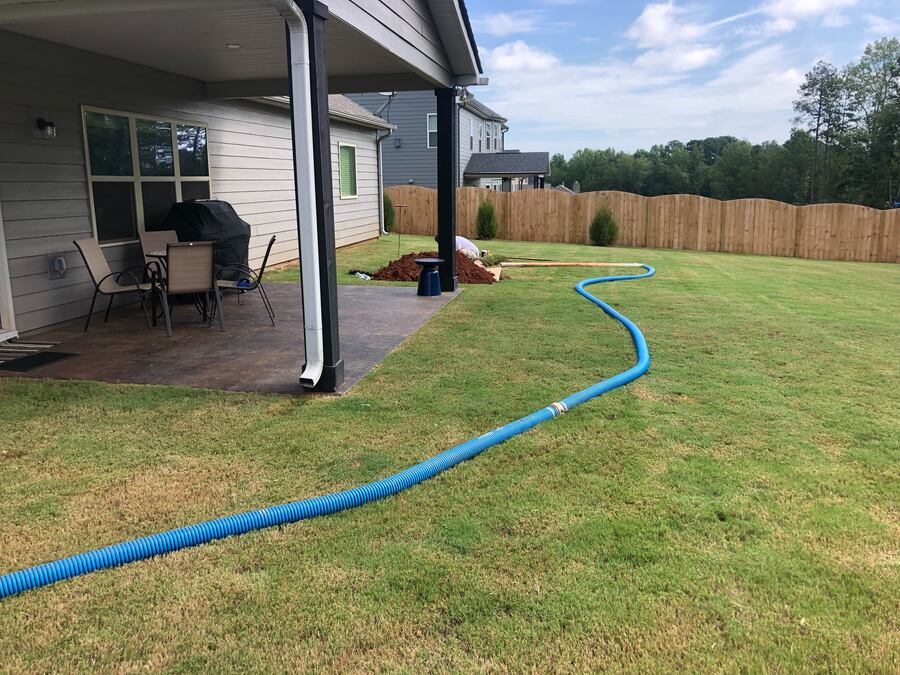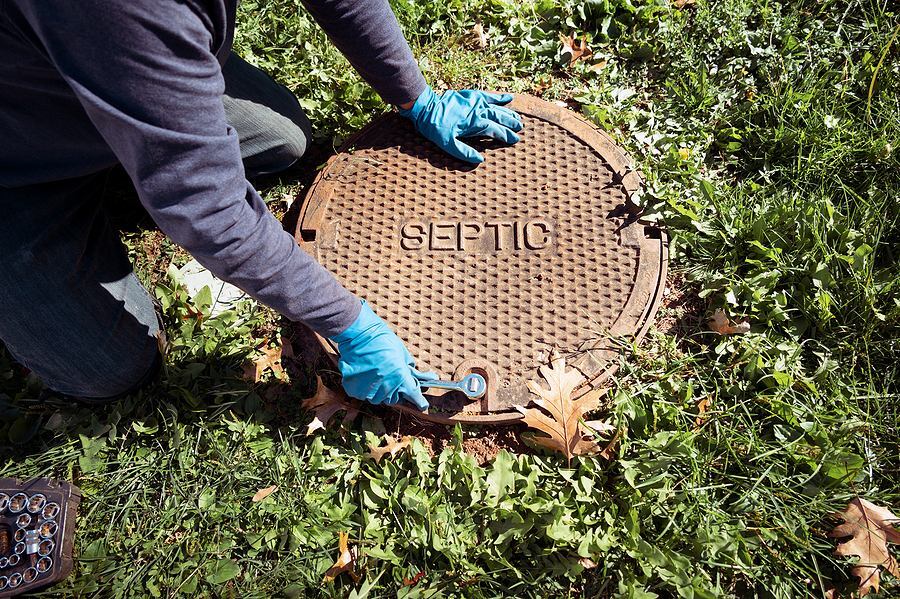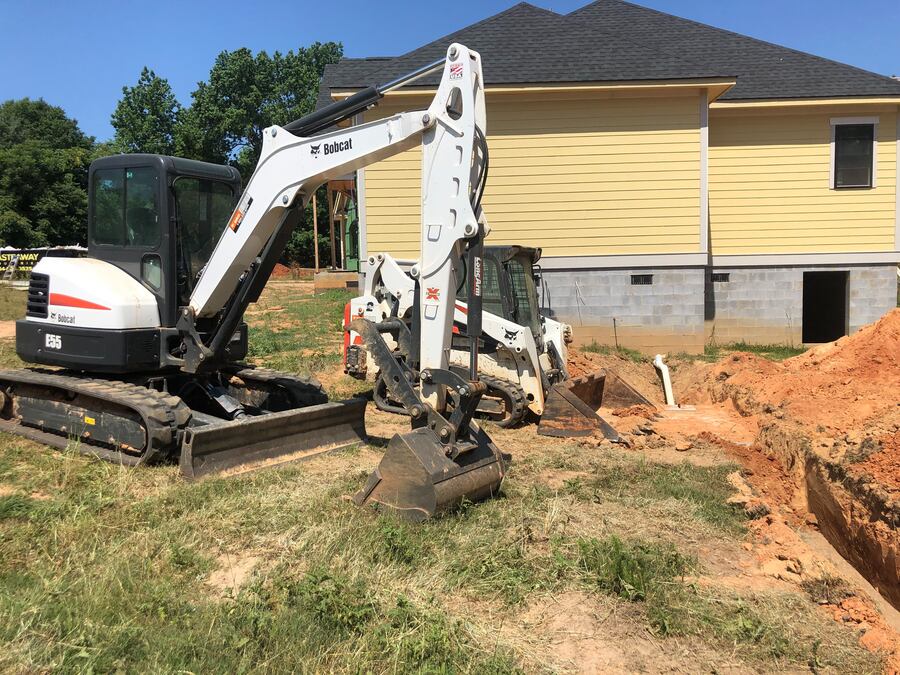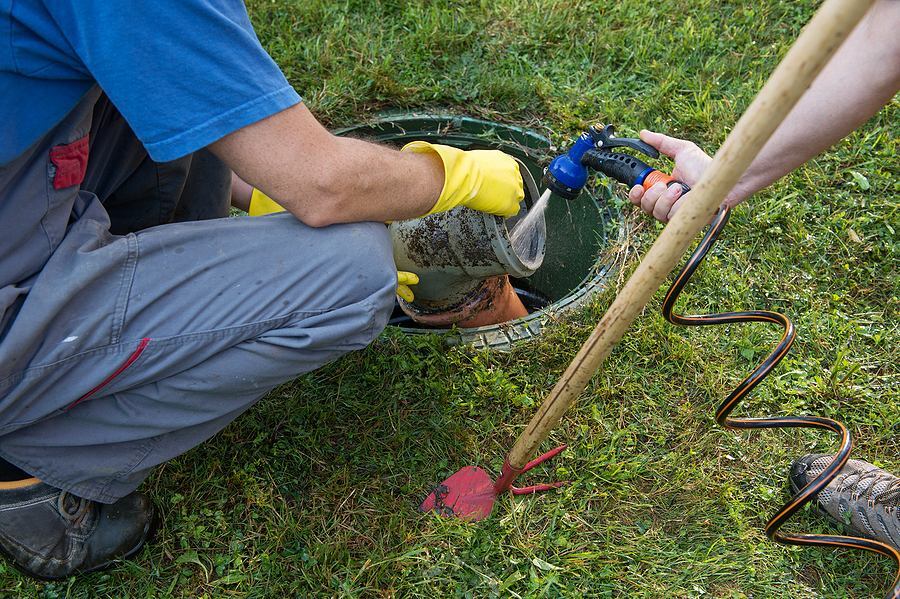
Common Septic System Failures Explained
Septic systems are vital for properties that don’t have municipal sewer lines and for treating and disposing of wastewater. However, these systems are susceptible to failures that can cause significant issues for homeowners. At Septic Connection, we leverage extensive expertise and knowledge to inspect, diagnose, and address minor problems before things get out of hand. Our septic company works with homeowners to help them understand the common failures and their causes, preventing costly septic tank repair emergencies.
Drain Field Saturation
One of the most common septic system failures is drain field saturation. The wastewater from your home flows into the tank before entering the drain field for treatment and later disperses into the soil for further filtration and purification. Over time, the drain field can become saturated with solids and sludge, causing improper drainage and wastewater backup.
Drain field saturation can occur because of excessive water usage, lack of maintenance, or irregular septic tank pumping. In addition, heavy rainfall or improper landscaping can contribute to soil saturation, exacerbating the problem. If you experience frequent backups, immediately call a trusted septic company for thorough septic tank cleaning and maintenance.
Septic Tank Overflow
Another frequent problem homeowners face is septic tank overflow. When the septic tank exceeds its capacity because of solids and sludge buildup, untreated wastewater can overflow into the yard or back into the house, causing foul odors and potential health hazards.
Septic tank overflow usually occurs when you ignore routine septic tank pumping, allowing solids to accumulate and reduce the system’s capacity. Also, flushing non-biodegradable items or excessive use of household chemicals can disrupt the natural balance of bacteria in the tank, causing faster buildup of solids.
Tree Root Intrusion
Tree roots extend throughout the premises, seeking moisture and nutrients. Sometimes, roots can infiltrate septic system components, including pipes and the septic tank, causing blockages, cracks, or structural damage. The best way to avoid such problems is to avoid planting trees too close to the septic system or failing to address existing tree roots near the system. As roots grow, they can penetrate small cracks or joints in pipes and septic tanks; hence, routine inspections with a trusted septic tank repair service are needed.
Hydraulic Overloading
Hydraulic overloading occurs when the volume of wastewater entering the septic system exceeds its capacity to treat and disperse it effectively. This often causes backups, foul odors, and potential contamination of groundwater and surface water sources. Oversized appliances, leaks, or excessive water usage habits can cause hydraulic overloading. When you schedule a septic tank installation or upgrade, we can ensure it is the right size and schedule routine pumping to prevent hydraulic overloading.
Soil Compaction
Soil compaction around the drain field can hinder wastewater’s natural filtration and absorption, leading to drainage problems and system failures. Compaction can occur because of heavy machinery, vehicle traffic, or improper landscaping practices. Poor soil quality or improper grading can also exacerbate compaction issues, compromising your system’s effectiveness. As a trusted service provider, we conduct a comprehensive assessment of the soil before septic tank installation projects for maximum efficiency.
Homeowners need to understand the common failures of septic systems to prevent costly repairs and maintain the functionality of their systems. Contact us at Septic Connection and schedule a consultation with our experts. We provide comprehensive maintenance services, including septic tank cleaning, to ensure the health and safety of your home and the environment.
 How it works
How it works
